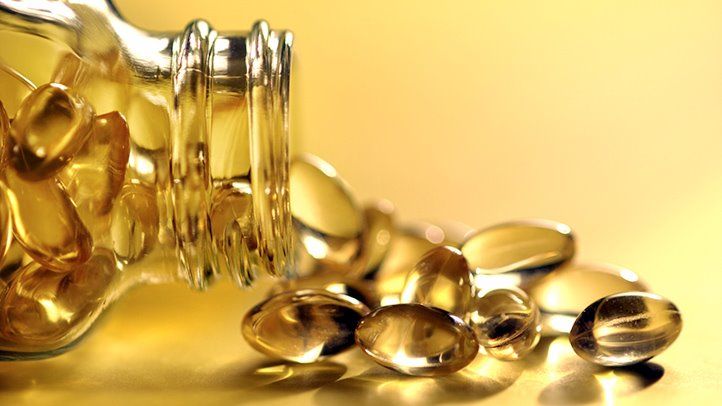For those who don’t know it yet, vitamin D is called the “sunshine vitamin” as our bodies produce this nutrient naturally when exposed to the sun. However, many people turn to taking supplements from Thorne Research in Supplement First when the chillier months and darker days arrive come wintertime.
However, decreasing vitamin D levels doesn’t occur during winter only. Over the past years, the rate of Americans with adequate vitamin D levels has decreased. In the early 1990s, up to 60% of adults achieved vitamin D sufficiency. That rate has lowered to 30% in the early 2000s. Moreover, vitamin D sufficiency among African Americans decreased from 10% to 5%.
This has more people take vitamin D supplements from stores like Supplement First to ensure they take in enough. But the question is: Do you really even need that supplement?
Should You Take Vitamin D Supplements?
There have been reports that vitamin D supplements will not protect healthy, middle-aged adults from osteoporosis. Those with low bone mass can benefit from an anabolic agent with vitamin D.
Even if vitamin D has shown many benefits, there are still potential side effects, especially if you take too much of the nutrient. That’s why supplementation should only be used in those with low vitamin D levels. If you are unsure if you’re vitamin D deficient or not, speak with your doctor for a proper recommendation. Your doctor will conduct a blood test to check your nutrient levels and know what vitamins you need more of.
This article isn’t stating that vitamin D supplements are evil, though! Vitamin D has a positive impact, but if you’re healthy and not receiving treatment for certain medical problems, there’s no worry about taking supplements.
Here are the following groups who are more at risk of a vitamin D deficiency and may require supplementation:
- Post-menopausal women
- Those on long-term steroids
- Seniors who are homebound or in nursing homes
- Pregnant and breastfeeding women
- Those with chronic kidney disease
- Those diagnosed with parathyroid disease
- Obese individuals
There may be other instances where some groups are more at risk of a vitamin D deficiency. It can be traced to one’s diet and lifestyle. One example is vegans or vegetarians, who tend to have lower vitamin D levels as they do not consume foods rich in vitamin D, such as meat, fish, dairy, and egg yolks. While plant milk beverages can help, it may not be enough and they may require supplements.
How Much Vitamin D Do We Need?
Adults must get about 600 IU of vitamin D daily, or 800 IU if you are over 70 years old. You can get vitamin D through sunlight, proper diet, and supplements.
You will know if you aren’t getting enough vitamin D if you feel tired or achy, though many people don’t experience any symptoms at all!
Wrapping It Up
Before you begin taking vitamin D supplements, talk with your doctor to see if your diet and daily activities suffice.

